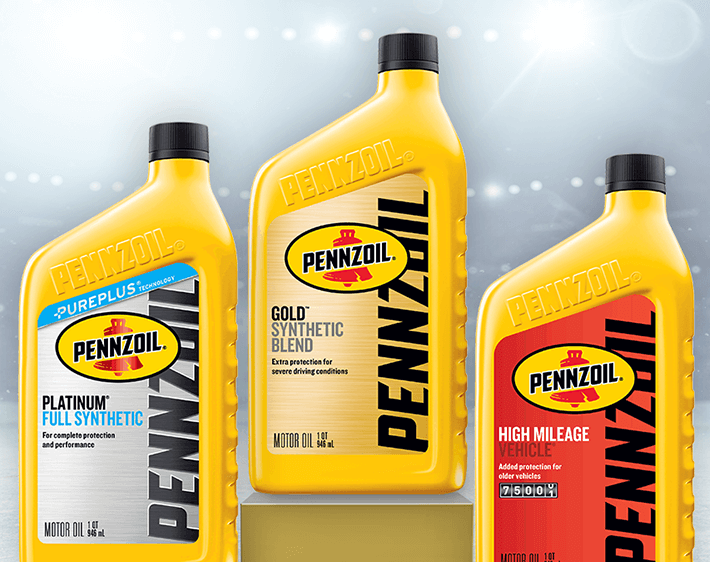Winter can be a challenging season for your vehicle, especially when it comes to engine lubrication. Choosing the right engine oil for winter is crucial in ensuring optimal engine performance and protection in cold weather conditions. In this article, we will explore the best engine oil options for winter and their benefits.

Credit: www.firestonecompleteautocare.com
Why Synthetic Oil is Ideal for Winter
Synthetic oils are engineered to perform exceptionally well in extreme temperatures, making them an excellent choice for winter driving. Unlike conventional oils, synthetic oils have superior low-temperature flow characteristics, which means they remain fluid and provide excellent lubrication even in freezing temperatures. This ensures easier engine starts and smoother operation during cold weather.
Dual-Grade Oils for Winter
When it comes to choosing the best engine oil for winter, dual-grade oils are highly recommended. These oils are formulated with a combination of two viscosity grades, such as 5W-30 or 10W-40. The first number (5W or 10W) indicates the oil’s viscosity at lower temperatures, while the second number (30 or 40) denotes its viscosity at higher temperatures. The lower “W” number represents the oil’s ability to flow more easily in cold conditions, ensuring proper lubrication during winter starts.
Popular Oil Brands for Winter
Several reputable oil brands offer synthetic dual-grade oils specifically formulated for winter use. Some of these brands include:
- Pennzoil
- Valvoline
- Castrol
- Mobil
- AMSOIL
These brands provide excellent protection against wear, sludge, and engine deposits in winter conditions, ensuring your engine stays protected even in extreme cold.

Credit: www.autozone.com
How to Choose the Right Oil for Your Vehicle
While dual-grade synthetic oils are generally a good choice for winter, it’s important to consult your vehicle’s owner’s manual or consult with a qualified mechanic to determine the specific oil viscosity and specifications recommended for your engine. Each vehicle may have different requirements based on its design and operating conditions.
Frequently Asked Questions
Can I Use A Thinner Engine Oil For Winter?
Using a thinner oil, such as 5W-30, during winter can help ensure proper lubrication at lower temperatures. Thinner oils have better cold flow characteristics, allowing for easier engine starts and reduced wear during cold weather.
Will Using Thicker Oil In Winter Harm My Car?
Using thicker oil than recommended for your vehicle can hinder proper lubrication, leading to increased wear and potential engine damage. It is crucial to use the oil viscosity recommended by the vehicle manufacturer for optimal performance and protection in winter.
In Conclusion
Choosing the right engine oil for winter is crucial in maintaining your vehicle’s performance and protecting your engine in cold weather conditions. Synthetic dual-grade oils, such as 5W-30 or 10W-40, are the preferred choice due to their excellent low-temperature flow characteristics. It’s important to consult your vehicle’s manual or a qualified mechanic to determine the right oil viscosity and specifications for your specific vehicle. By using the right engine oil, you can ensure smooth starts, reduced wear, and overall optimum engine performance during the winter season.
Read More:


